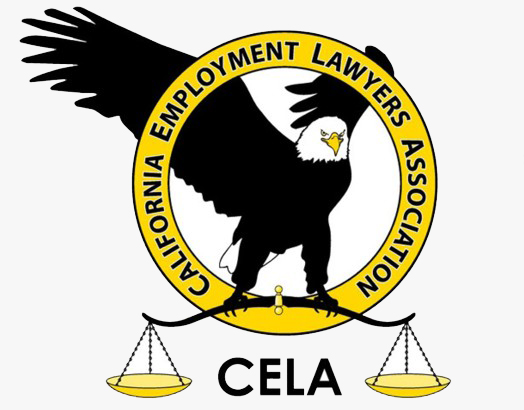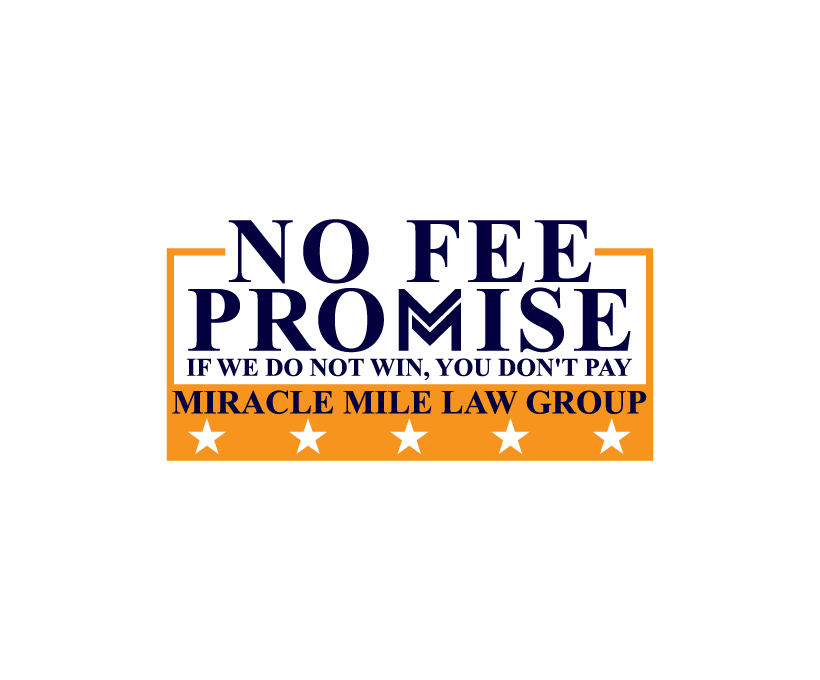Sexual Harassment
This is personal for us. We know the difference between right and wrong and have based our entire careers on reminding others of that distinction.
Los Angeles Sexual Harassment Attorney
Sexual harassment remains a serious area of concern for employees everywhere. Due to the rise of the recent #MeToo movement, more people are speaking out now more than ever and harassers are paying the price. Sexual harassment lawsuits have resulted in record settlements and monetary awards to employees who fall victim to such conduct. This is especially true because employers are the ones who are usually held liable for the harassing acts that its supervisors and employees commit. However, a sexual harassment lawyer will help secure your rights.

Sexual harassment can include such conduct as asking for sexual favors, sexual touching, or offensive language. However, not all sexual conduct in the workplace is illegal “sexual harassment.” Generally, the conduct must be so frequent or severe that it creates a hostile or offensive work environment or results in an adverse employment decision (such as firing or demotion).
Although the line between legal and illegal conduct is often very obvious, that is not always the case. Many unique situations may arise in which an employee is not sure whether he or she has a sexual harassment lawsuit or not.
Examples of some questions you may ask include:
- Is a man able sue for sexual harassment?
- Am I able to sue for sexual harassment if my harasser and I are the same sex?
- Can I sue for sexual harassment if I was not touched?
- Is staring considered sexual harassment?
- Does sniffing count as sexual harassment?
- Do offensive words count as sexual harassment?
- Can hugs at work count as sexual harassment?
- Does sexual harassment have to be sexual in nature?
- Can I sue my boss for sexual harassment by my co-worker?
- If my boss demotes me for refusing to have sex with him, can I sue?
If you were sexually harassed at work, you are likely entitled to compensation. Miracle Mile Law Group is here to ensure that you get the maximum amount of damages for your sexual harassment lawsuit. We are here to guide you through any questions you may have and to guide you through the legal process. Having a sexual harassment lawyer by your side will help you get answers to some of these questions.
Whether you were sexually harassed by a supervisor, a co-worker or another person, you will likely need to have some kind of evidence to prove it. If you feel you are being or have been sexually harassed, consider the following:
- Create a detailed written record with anything that may suggest sexual harassment, such as comments or conduct by your boss;
- Gather up all your performance and personnel records;
- Write down and record every time you are subjected to unwanted touching or comments, or anything else you suspect might seem like sexual harassment;
- Keep records of all your e-mails, texts and other communications between you and your bosses or any other colleagues.
If you are unable to acquire this proof, do not be alarmed. There are other ways to prove sexual harassment, such as testimony from co-workers or other witnesses. If you fall into this category, make sure to contact the Miracle Mile Law Group sexual harassment lawyers as soon as possible so we can figure out how to prove your case!
Courts and government enforcement agencies divide sexual harassment into two broad categories: (1) quid pro quo sexual harassment and (2) hostile work environment sexual harassment.
Type #1: Quid Pro Quo Sexual Harassment
Quid pro quo literally means “this for that” in Latin. This type of harassment typically occurs when a person who has the power to influence an employment decision or condition seeks a sexual favor in return for a positive employment outcome.
Quid pro quo harassment occurs, for example, when a supervisor demands that an employee consent to some form of sexual encounter to receive a promotion, a raise, or to continue employment. It can involve either explicit or implicit conditioning of a job or promotion on the sexual encounter.
Type #2: Hostile Work Environment Harassment
Hostile work environment harassment is usually more subtle and difficult to recognize than quid pro quo sexual harassment. Hostile work environment sexual harassment occurs when unwelcome sexual jokes, suggestive remarks, cartoons, physical interference with movement (such as blocking a person or following a person), sexually derogatory comments or other conduct based on sex unreasonably interferes with an employee’s work performance or creates an intimidating, hostile or offensive working environment.
While repeated instances of such conduct can be sufficient to show that the sexual harassment has occurred, even one instance of this conduct may be enough to show that a person is in a hostile work environment if it is pervasive enough.
However, the conduct must be “severe or pervasive” such that it alters the victim’s employment and creates an abusive working environment. Whether the conduct is “severe or pervasive” will come down to the conduct’s nature, frequency, severity, context and several other factors.
- Remember in order for a plaintiff to bring a sexual harassment claim, the harassment must be severe and pervasive from the perspective of a reasonable person with the same fundamental characteristics of the plaintiff.Some examples of what may not be considered sexual harassment include:
- Wearing clothes that may be offensive to a particular ethnic group
- A one-off friendly gesture about a person’s look
- An isolated remark
- Sexual flirtation or innuendo
- Vulgar language that is trivial or merely annoying
-
- Both Federal and State law protects employees from sexual harassment.
Federal Law
Under Federal law, sexual harassment is prohibited by Title VII of the Civil Rights Act of 1964 (Title VII). The Equal Employment Opportunity Commission (EEOC) enforces federal prohibitions against sexual harassment.
State Law
In California, harassment laws are part of the Fair Employment and Housing Act (FEHA). The California Department of Fair Employment and Housing (DFEH) enforces FEHA.
Questions You Are Probably Asking Yourself About Your Sexual Harassment Case:
- Can my boss fire me for reporting instances of sexual harassment?
- Can my assign me to a different position because I reported sexual harassment?
- Can my employer lower my salary because I reported sexual harassment?
- Can I file a discrimination lawsuit against my employer because he sexually harassed me?
- How much is my sexual harassment lawsuit worth?
- Can my employer demote me because I filed a sexual harassment claim against my boss?
If you are asking yourself any of these questions, talk to a sexual harassment lawyer now. Call us at (213) 433-3588 to talk to trained attorney now.
- Both Federal and State law protects employees from sexual harassment.
- Statute of LimitationsA statute of limitations refers to the amount of time you have to file a lawsuit in a court of law. If you do not file within the time permitted of a statute of limitation, then you lose the chance to recover for your damages. Sexual harassment lawsuits have a statute of limitations. However, a sexual harassment lawyer will help you determine whether your case falls within the statute of limitations.What is the Statute of Limitations for a Sexual Harassment Lawsuit?If you are suing for sexual harassment, you have 180 days from the date of last act of sexual harassment act to obtain a right-to-sue letter from the Equal Employment Opportunity Commission (EEOC). After this you have 90 days to file suit in a court of law. On the other hand, the Department of Fair Employment and Housing (DFEH) gives you one year from date of last discriminatory act to obtain a right-to-sue letter. After obtaining the right-to-sue letter, the DFEH gives you another to file a lawsuit in State court. Therefore, your sexual harassment case is time sensitive, so you must act fast in contact a lawyer to preserve your rights.What If the Time Has Passed for Me to File A Sexual Harassment Lawsuit?In most cases, if you do not file a timely lawsuit within the statute of limitations, then there is no chance of recovery. However, there is one option that a skilled lawyer can pursue. This includes the Continuing Violations Doctrine. The Continuing Violation Doctrine may extend the one-year time period if the employee’s lawyer can prove that some of the employer’s conduct fell outside the one-year period AND the conduct was sufficiently linked to the conduct that does fall within the one-year period.
- Here at Miracle Mile Law Group, our sexual harassment lawyers receive many questions surrounding sexual harassment. We will answer some of the most frequently asked questions from employees who face age discrimination, and share some guidance.
Talk to a Los Angeles Sexual Harassment lawyer today. We offer free consultations and you pay nothing unless we win.
The lawyers at Miracle Mile Law Group are specially trained in handling sexual harassment lawsuits. If you believe you have been or are currently a victim of sexual harassment, give us a call at (888) 244-0706 or contact us online for a FREE case evaluation.




